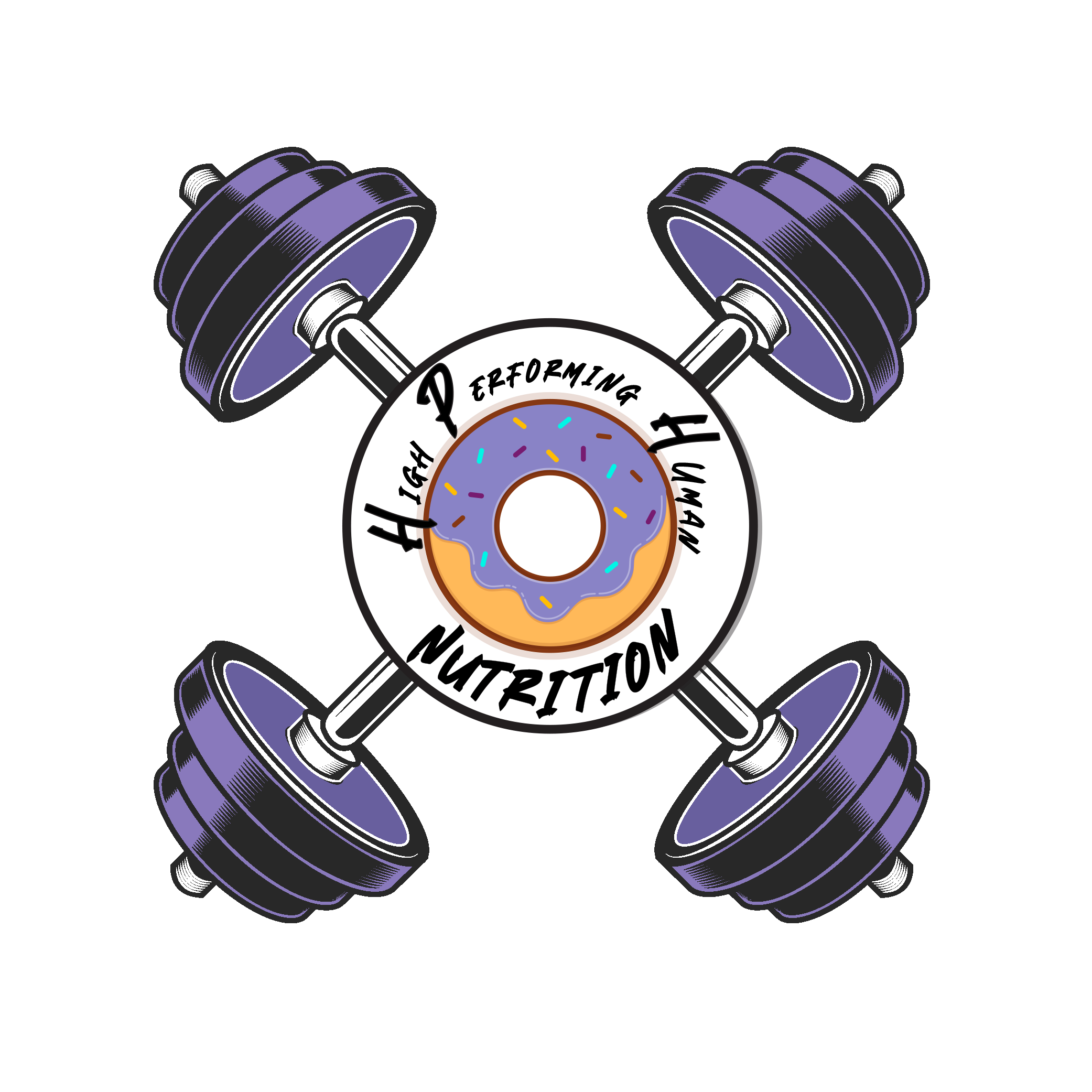About a month ago, I challenged you to look at your diet and ask yourself if you’re eating enough. You can find that post here. Today’s post will have a little bit different approach, but still in regard to how many calories your body needs.

Last time I talked about calorie intake I said you need to make sure you’re eating enough, now I’m telling you that you may need to eat less?! I swear I’m not trying to confuse you, just hear me out on this one and why I’m bringing it up.
Your needs do decrease.
So, one of the factors that goes into estimating your calorie needs is your body weight. If you lose weight, you have less of you to feed; therefore, you need less calories. If you find yourself at a weight loss plateau after changing your diet pattern, it may be because your initial small calorie deficit is now equal to your calorie needs. That being said, I still stand by my previous post and we do need to find that happy medium, not too high but not too low.
Why should you care?
This process of your needs decreasing with weight loss is related to the yo-yo effect some dieters see. They do a great job of sticking to an eating plan for a month or so, have a small calorie deficit, but then all of a sudden they fall off the wagon and revert back to their old eating habits. The weight returns and they may even end up heavier than their original starting weight. If you’ve decreased your weight and calories for a sufficient amount of time, your body adapts to that and resets what it believes your needs are. If you go back to your old habits, you’re increasing calories to the point that had you gaining weight in the first place AND because your calorie needs are now lower you’re eating in a greater amount of excess which will contribute to greater weight loss. Your metabolism can’t handle the major shift, and to be honest, this back and forth is not healthy.
So what should you do?
First of all, this applies to those that are already in a major calorie deficit too. We can’t just add all the calories back in right away, that won’t end well. We add calories back slowly in order to allow the body to adapt.
If you’ve gone on a major calorie restriction for some reason and you’ve lost weight, but you’re ready to transition to a maintenance phase, this new phase will have to look different than what you were eating to begin with.
My recommendation is to ditch the fad diets and the things that aren’t sustainable and start creating a healthy lifestyle through new habits. Weight loss doesn’t have to be (and shouldn’t have to be) about deprivation and cutting things out of your life.
Where do you start?
Set some goals for yourself, small ones! Make them attainable and realistic.
If you need help with how to get started or what will benefit you, contact me!
